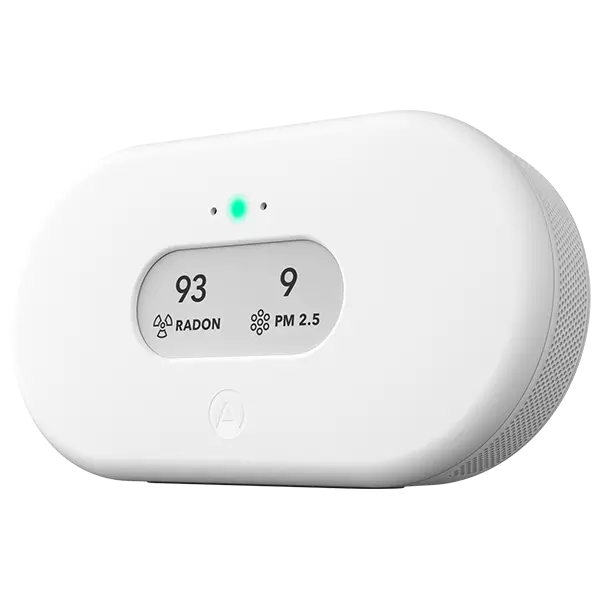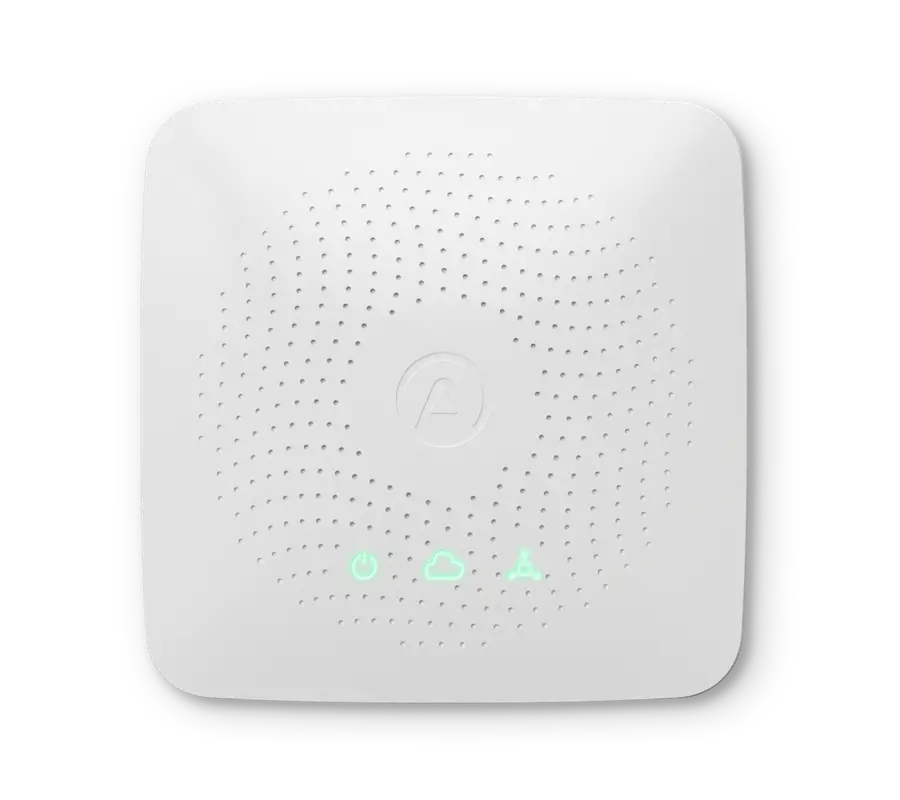Discovering mold in your home is never a good thing. Not only is it unsightly, it often indicates a bigger problem such as water damage or humidity problems. In addition, it can impact your health in a negative way. The good thing though, is that mold can be managed with a few simple steps. Take a look at our tips below to find out more.
Top five tips for preventing mold in your home:
-
Manage your humidity levels
 Mold needs moisture to grow and mainly forms when cool air meets warm air. By maintaining healthy humidity levels you can help ensure that mold finds it hard to form and spread. Too high humidity can create mold growth, but too low has been linked to itchiness and dry skin, as well as the spread of the flu virus. Recommended humidity levels vary, but between 30-60% we consider healthy. The key to good humidity levels is maintaining a balance.
Mold needs moisture to grow and mainly forms when cool air meets warm air. By maintaining healthy humidity levels you can help ensure that mold finds it hard to form and spread. Too high humidity can create mold growth, but too low has been linked to itchiness and dry skin, as well as the spread of the flu virus. Recommended humidity levels vary, but between 30-60% we consider healthy. The key to good humidity levels is maintaining a balance.
-
Try these four ways to improve your ventilation
There are four ways in which small changes to your ventilation habits can help prevent mold according to the EPA.
Firstly, make sure you vent all bathrooms, dryers, and other moisture-generating sources to the outside of your building.
Secondly, use air conditioners and de-humidifiers where appropriate to help combat humidity.
Thirdly, increase your ventilation where possible, especially in areas that may be at risk for mold.
Finally, using exhaust fans when cooking, cleaning, or washing up can again help prevent excess humidity from building up. As with most indoor air quality problems, adequate ventilation can be key to solving the issue. -
Another reason to be neat and tidy
That’s right! Mopping up after you have spilled water or liquid on floors, carpets, and rugs not only keeps your home clean and tidy but also helps prevent mold growth. Try limiting the amount of liquid that seeps in.
-
Look out for leaks
 Because mold thrives in humid conditions, it isn’t too surprising that water leaks and water damage can be a great place for it to grow. The excess moisture in buildings can be caused by leaks, rain seeping in through windows and basements, or even rising damp from the ground floors. Clean up quickly, within 24 to 48 hours.
Because mold thrives in humid conditions, it isn’t too surprising that water leaks and water damage can be a great place for it to grow. The excess moisture in buildings can be caused by leaks, rain seeping in through windows and basements, or even rising damp from the ground floors. Clean up quickly, within 24 to 48 hours.
-
Check your building structure
No matter where you live, it could rain. Make sure that rain doesn’t cause an issue for your property by making sure the building and its landscaping are downward and away from the building. This helps prevent rainwater from gathering near the house itself and keeping it dry. The correct guttering for your house will also help with this.










 Mold needs moisture to grow and mainly forms when cool air meets warm air. By maintaining
Mold needs moisture to grow and mainly forms when cool air meets warm air. By maintaining 
 There are four ways in which small changes to your
There are four ways in which small changes to your  That’s right! Mopping up after you have spilled water or liquid on floors, carpets, and rugs not only keeps your home clean and tidy but also helps prevent mold growth.
That’s right! Mopping up after you have spilled water or liquid on floors, carpets, and rugs not only keeps your home clean and tidy but also helps prevent mold growth.  Because mold thrives in humid conditions, it isn’t too surprising that water leaks and water damage can be a great place for it to grow.
Because mold thrives in humid conditions, it isn’t too surprising that water leaks and water damage can be a great place for it to grow. .png)



%20(1).webp)

%20(1).webp)
